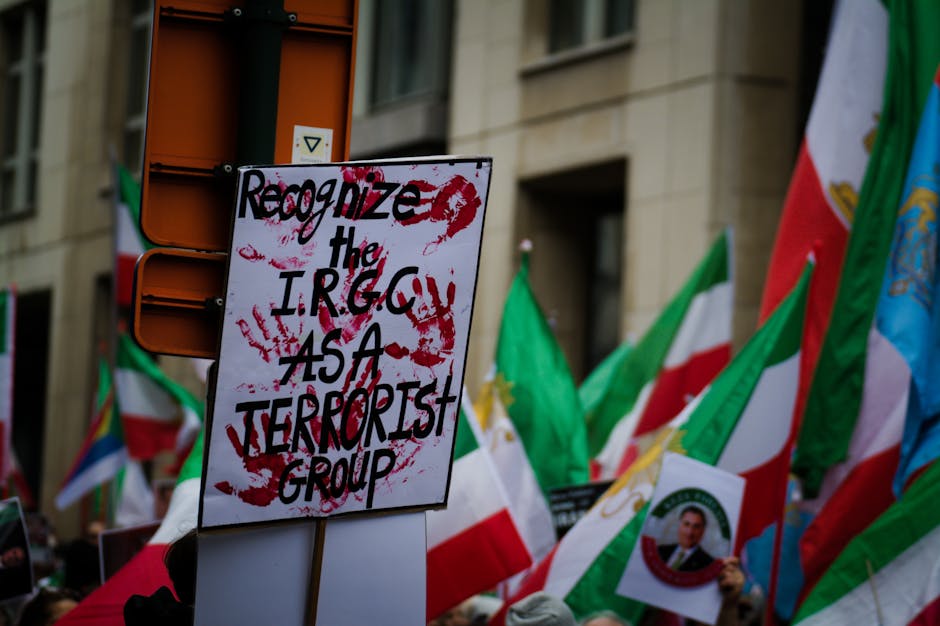Evolving Threats: Terrorism in a Global Context
Terrorism is a word that evokes fear. It affects millions of lives around the world. But what does it really mean today? Lets explore the changing landscape of terrorism and it’s global impact.
What Is Terrorism?

At it’s core, terrorism is the use of violence to achieve political goals. It often targets innocent people to create fear and chaos. Think about a time when you heard about a bombing in a faraway country. that’s terrorism in action.
But terrorism is not just one thing. It comes in many forms. Some groups focus on religious beliefs, while others fight for national independence or political power. Understanding these differences is key.
How Has Terrorism Evolved?

The face of terrorism is changing. In the past, it was often linked to specific groups or countries. Today, it’s more global and decentralized. Terrorists can connect through the internet, sharing ideas and strategies worldwide.
For example, the rise of social media allows groups to spread their message faster. A small group in one country can inspire others on the other side of the world. This is why terrorism has become a complex issue for governments everywhere.
What Are the Types of Terrorism?

There are various forms of terrorism, each with it’s motivations and targets. Here are some of the main types:
- Political Terrorism: Groups use violence to change government policies.
- Religious Terrorism: Attacks are justified by extreme religious beliefs.
- Nationalist Terrorism: Groups fight for national independence or autonomy.
- Cyber Terrorism: Attacks on computer systems can disrupt daily life and spread fear.
Each type of terrorism poses unique challenges for authorities and societies. Understanding these can help in crafting better responses.
Why Is Global Cooperation Important?

Terrorism knows no borders. that’s why countries must work together. National efforts alone are not enough. Sharing intelligence and resources is crucial.
For instance, after the 9/11 attacks, nations around the world united to fight terrorism. They shared information, improved security, and coordinated responses. This cooperation is vital for preventing future attacks.
How Do Terrorists Recruit?
Recruitment is a critical aspect of terrorism. Many groups target vulnerable individuals. They often prey on those who feel marginalized or lost.
Common recruitment methods include:
- Online Propaganda: Videos and posts attract young people.
- Social Networks: Friends or family can influence decisions.
- Charismatic Leaders: Strong personalities can sway opinions.
Understanding these methods can help communities find ways to counter recruitment efforts.
What Are the Consequences of Terrorism?
The impact of terrorism is far-reaching. Beyond the immediate violence, it’s effects ripple through society.
Here are some key consequences:
- Fear and Anxiety: People may feel unsafe in their daily lives.
- Economic Impact: Terrorist attacks can hurt local and national economies.
- Discrimination: Certain groups may face backlash and prejudice.
The psychological toll is significant. Many survivors face long-term mental health issues, such as PTSD.
What Is the Role of Technology?
Technology plays a double-edged sword in the fight against terrorism. On one hand, it helps terrorists communicate and plan. On the other, it aids security forces in preventing attacks.
For example, governments use data analytics to track suspicious activities online. Drones and surveillance cameras monitor high-risk areas. Yet, these tools raise privacy concerns.
How Can We Combat Terrorism?
Combating terrorism requires a multipronged approach. Here are some strategies that can be effective:
- Education: Teaching tolerance and understanding can reduce radicalization.
- Community Engagement: Involving local communities in prevention efforts is essential.
- Strong Policies: Governments must create laws that balance safety and civil liberties.
Every individual can play a part. Staying informed and promoting dialogue can make a difference.
What Can You Do?
Feeling overwhelmed is natural, but there are ways to take action. Here are a few suggestions:
- Stay Informed: Read news from reliable sources to understand current events.
- Promote Tolerance: Encourage discussions about diversity and respect in your community.
- Report Suspicious Activity: If you see something concerning, contact local authorities.
Every small step can contribute to a larger effort against terrorism.
Conclusion: A Global Challenge
Terrorism is a complex global issue that evolves with time. Understanding it’s forms, causes, and effects can empower us to combat it effectively.
By fostering cooperation, promoting education, and enhancing community engagement, we can all play a role in creating a safer world.
For more on global security issues, check out the United Nations’ website on terrorism prevention: United Nations Counter-Terrorism.



